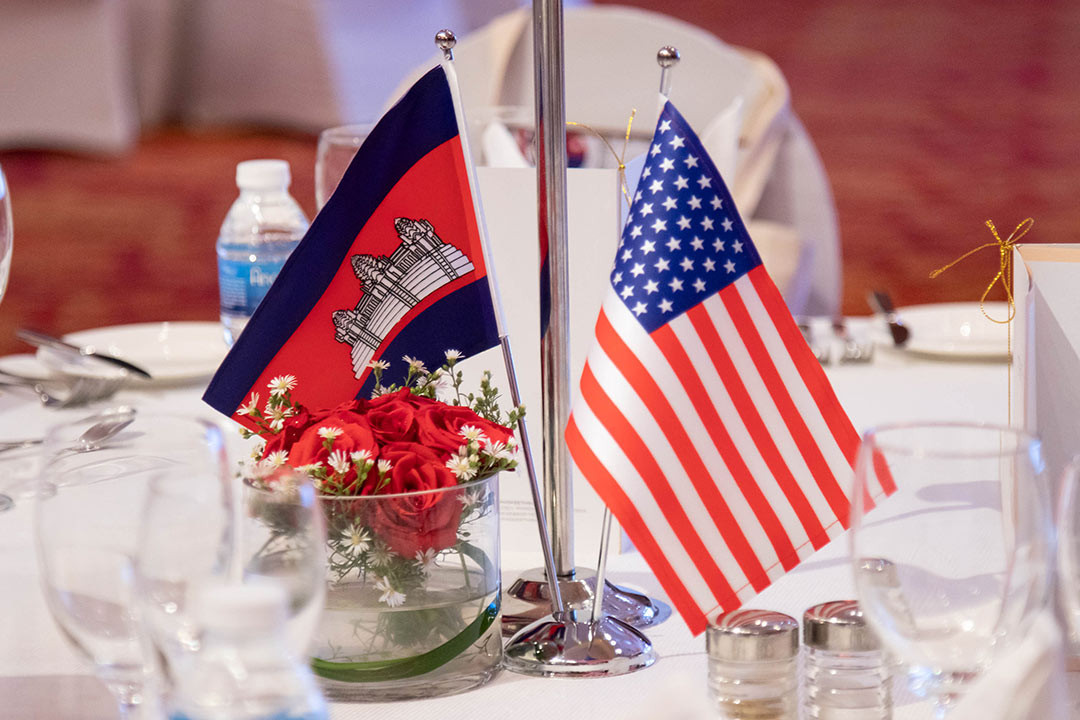Cambodia–U.S. Trade Relations: What It Means for Sourcing Companies
The trade relationship between Cambodia and the United States has expanded steadily in recent years. In 2024, bilateral trade surpassed $12 billion, reflecting continued U.S. reliance on Cambodian exports, especially in textiles, footwear, furniture, and light manufacturing. This upward trend has positioned Cambodia as a rising player in global sourcing.
For companies seeking dependable low-cost manufacturing alternatives in Southeast Asia, Cambodia’s growing trade synergy with the U.S. opens the door to significant opportunity. Beyond low labor costs, regulatory alignment and trade preferences have made Cambodia a favorable destination for procurement.
One critical advantage in navigating this environment lies in working with a bestsourcing agent Cambodia. These agents understand the intricacies of shipping protocols, compliance paperwork, and supplier qualification, helping foreign businesses reduce friction.
Why the U.S. Is Buying More from Cambodia
Shifts in global geopolitics, coupled with rising tariffs on Chinese imports, have led U.S. firms to diversify sourcing strategies. Cambodia’s access to the U.S. market under the Generalized System of Preferences (GSP) in previous years laid the foundation for this increase. While GSP benefits lapsed temporarily, lobbying efforts aim to reinstate them.
Cambodia’s export performance in 2024 showed resilience. Despite global economic headwinds, key product categories such as apparel, solar equipment, and electronics accessories experienced growth. These shifts suggest that sourcing from Cambodia is not only continuing—it’s expanding into new sectors.
Challenges That Sourcing Companies Must Manage
While the trade figures are encouraging, challenges remain. Political scrutiny, labor rights compliance, and customs enforcement can impact supply chains. Missteps in documentation or vendor selection could lead to delays or even legal consequences.
A bestsourcing agent Asia serves as a strategic partner to avoid such risks. These professionals help businesses conduct audits, verify factory certifications, and track order timelines. Their local presence reduces communication gaps and enhances oversight.
Another complexity lies in logistics. Cambodia’s ports, while improving, still face capacity issues during peak export seasons. Knowing when to ship, where to route, and how to pre-clear goods can be the difference between on-time and late delivery.
How Agents Support Sourcing Success
Navigating Cambodia’s regulatory and logistical framework without in-country support is difficult. Language barriers, varying supplier standards, and evolving export laws create bottlenecks.
Sourcing agents bridge these gaps. They perform quality control, negotiate local terms, and offer warehousing solutions when required. In case of a compliance audit or factory strike, they are on-site and responsive. Their presence streamlines the sourcing pipeline from purchase order to port dispatch.
A bestsourcing agent Cambodia often operates with deep vendor networks. They help identify secondary or backup manufacturers, giving sourcing firms agility in case of disruptions.
Strategic Benefits for U.S. Importers
For U.S. companies, importing from Cambodia offers cost competitiveness, product diversity, and regional trade access via ASEAN. Cambodia also shares land borders with Vietnam and Thailand, offering ground shipment options to major logistics hubs.
Working with sourcing agents makes this market more accessible. Agents assist with certificate of origin documents and ensure cargo complies with U.S. Customs and Border Protection (CBP) regulations. These services are critical for retaining trade privileges and avoiding penalties.
As manufacturing operations grow in regions like Sihanoukville and Kampong Speu, agents help foreign buyers establish local relationships without setting up direct operations. This agility reduces overhead costs and supports scalable sourcing strategies.
The Outlook for Cambodia–U.S. Trade in 2025
Looking ahead, trade relations between the two nations are likely to remain stable. The U.S. continues to see Cambodia as part of a broader Indo-Pacific supply chain realignment strategy. If the GSP is reinstated, exporters may see renewed tariff advantages.
At the same time, Cambodia’s government is pushing reforms aimed at transparency, digital tax systems, and customs modernization. These upgrades will make the trade process more reliable for foreign buyers.
Given these developments, sourcing agents will play an even more vital role. They will help sourcing companies stay updated on compliance changes, ensure vendor accountability, and provide crucial market insights.
A bestsourcing agent Asia with a presence in Cambodia will be well-positioned to support sourcing firms aiming to capitalize on this growth.
Final Thoughts
Cambodia’s rising trade partnership with the United States presents real benefits for sourcing companies. While geopolitical and supply chain volatility persists, Cambodia’s position as a manufacturing hub continues to strengthen.
To realize these advantages, businesses must work with informed, experienced sourcing partners. A reliable bestsourcing agent Cambodia offers far more than introductions—they offer operational continuity, legal compliance, and strategic execution.
As trade flows deepen and infrastructure matures, companies that build strong partnerships in Cambodia now will be best prepared to meet the sourcing challenges of tomorrow.

